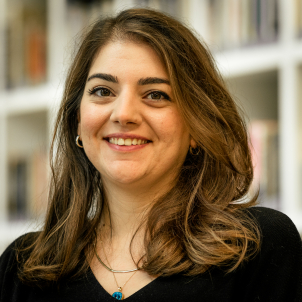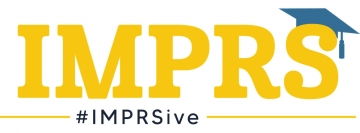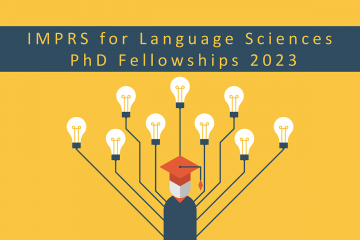Melis on interdisciplinarity
Name: Melis Çetinçelik
Department: Language Development (MPI)
Research: The role of social and visual speech cues in language development
Started at the IMPRS: 2018
Nationality: Turkish
How did you come to pursuing your research topic in Nijmegen?
I completed my Bachelor’s degree in Psychology and Philosophy at Koç University, Istanbul, Turkey. During my Bachelor’s, I discovered my interest in language and cognitive science, and decided to follow a Master’s in Brain and Cognitive Sciences programme at the University of Amsterdam.
Thanks to the interdisciplinary focus of that programme, I was introduced to different research fields, and eventually found my passion for developmental cognitive neuroscience and language acquisition. This led me to apply for a PhD position at the Language Development Department at the MPI to work on the neural correlates of early language development.
What are some of the highlights of your doctoral life so far?
Being a member of the IMPRS has been a tremendously enriching experience for me on many levels. You are surrounded by a vibrant interdisciplinary community consisting of fellow PhDs and researchers at the MPI, Donders Institute and Centre for Language Studies, each working on diverse aspects of the language sciences. Learning more about the research of colleagues, even if (or especially!) not directly relevant to my own topic, has inspired me to think more deeply about the broader questions in the language sciences.
And fortunately, there are many opportunities for us to hear about others’ research at the various cross-institute events. Apart from research, I’ve also truly enjoyed and learned a lot through my involvement in the IMPRS Conference 2020 organizing committee, and as a writer and editor for MPI TalkLing.
Learning more about the research of colleagues [...] has inspired me to think more deeply about the broader questions in the language sciences.
What advice do you have for peers or those considering doctoral studies?
If you are considering embarking on a PhD, I would definitely recommend contacting your potential advisors before applying. Taking the initiative to contact them not only shows your genuine interest in the position, but also gives you the chance to actually get to know them, learn more about their work and decide whether the people and the project are right for you. You can also reach out to current or former members of the department (such as PhD students) to ask any questions you may have before starting your PhD.
For those who have started their PhD projects, think about your PhD as your time to learn and develop a strong professional profile – not only about your research topic, but also many skills ranging from public speaking to critical thinking. Take a close look at the opportunities your institute offers to develop those skills and try to make the most out of it.



Share this page